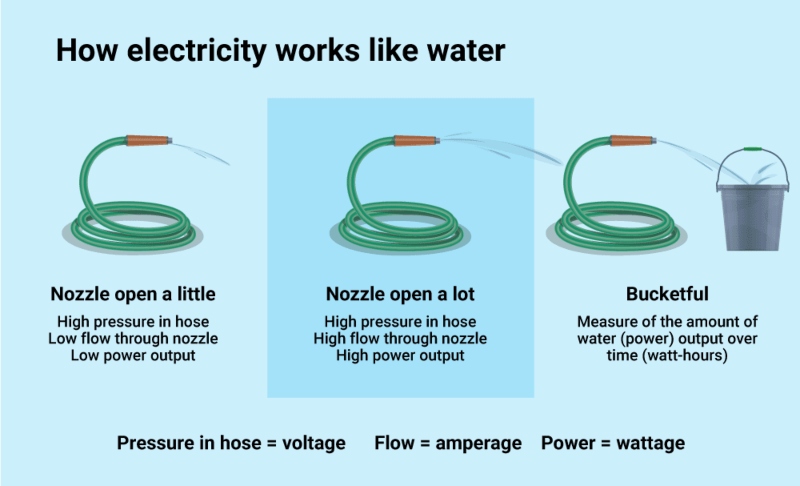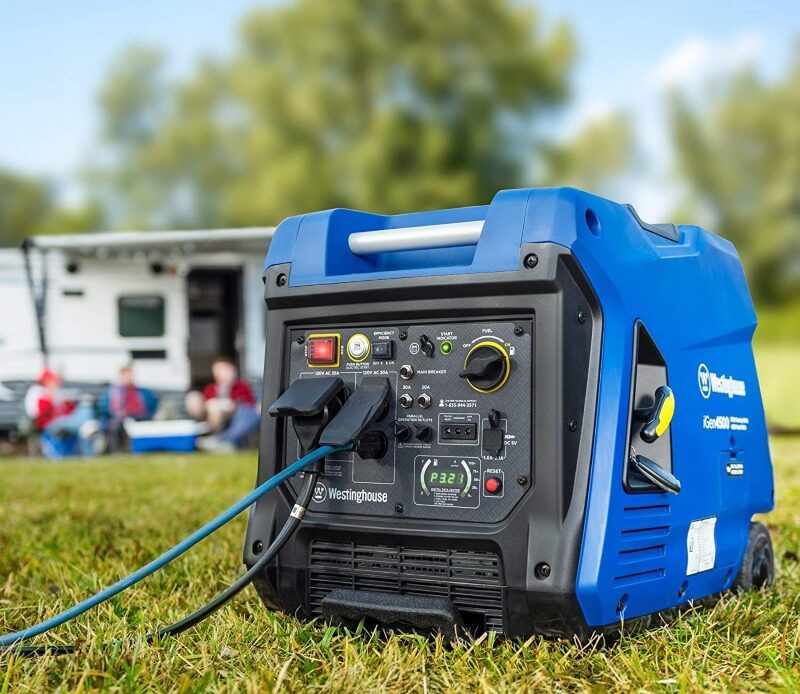Thanks for your support! If you make a purchase using our links in this article, we may make a commission. And, as an Amazon Associate, I earn from qualifying purchases. See the full disclosure here.
A generator for a 30-amp RV is essential since power is not always a given, even when you’re connecting to shore power. Besides, if you enjoy boondocking or going off-grid here and there, a generator for your 30-amp RV will be your primary source of energy.
Unfortunately, the ins and outs of generator sizes for 30-amp RVs tend to get confusing at times. This is especially true when it’s your first time with an RV. When you look into the many different ways of RV power generation, like solar panels, and even the potential of portable wind turbines, you’ll want to throw up your hands in frustration.
Besides, even with these alternative energy sources, it’s still good to have a fuel generator as a secondary power system, just in case.
Well, we don’t want you to throw up your hands in frustration. Breaking down the right size generator for your 30-amp RV is not as difficult as it sounds. This article will lay it all out for you in layman’s terms. We’ll cover wattage, levels of power consumption, and the best generators on the market for your RV.
How Many Watts Does It Take to Run a 30-Amp RV?
Theoretically, it would take 3,600 watts to run a 30-Amp RV if everything is maxed out. Of course, nothing is ever quite so simple. In reality, you’re not going to run everything in your RV at exactly 3,600 watts. A 3,600-watt generator would struggle with that anyway (if it would even run without tripping the breakers).
For what it’s worth, the formula for determining watts is (the number of amps x 120 volts = watts). In this case, 30 amps equals 3,600 watts. There are three terms you should familiarize yourself with—watts, volts, and amps.
How Electricity Works

Think of it all as if you’re handling a water hose. The amps represent the size of the water hose. The volts translate into the volume of liquid flowing through the hose. The watts can be thought of as the pool of water (in this case, energy) you have available to run through the hose.
The average RV consumes 20 kWh per day. A 3600 generator is capable of supplying enough power to reach that average or more. Even a 2,000-watt generator will reach 20 kWh in 10 hours.
We’re throwing average consumption hours per day…
Click Here to Read the Full Original Article at RVBlogger…
